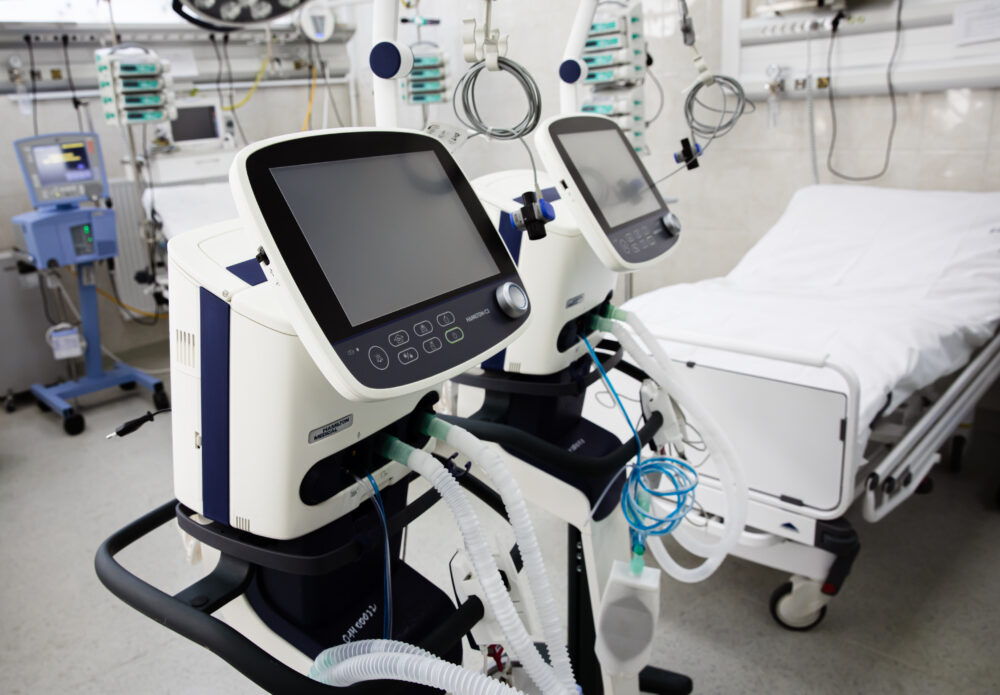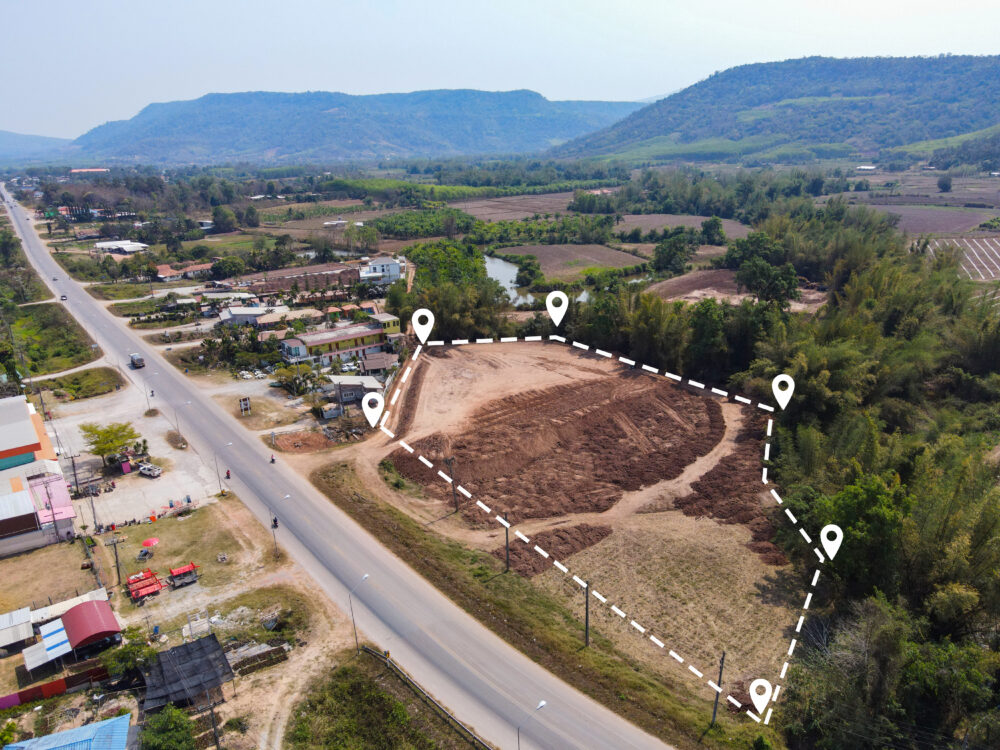Abstract: Livestock farming has always been one of the key economic sectors of Vietnam. January 1, 2025, marks a significant milestone for investors in livestock facilities, as it is the deadline for facilities constructed and operational before January 1, 2020, to fully comply with the conditions stipulated in the Law on Animal Husbandry No. 32/2018/QH14, issued on November 19, 2018, by the 14th National Assembly of the Socialist Republic of Vietnam (“Law on Animal Husbandry 2018“). This article outlines and analyzes the conditions that large-scale livestock farms must meet under the Law on Animal Husbandry 2018.
1. Definition of a Large-Scale Livestock Farm
According to Articles 52 and 53 of the Law on Animal Husbandry 2018, and Article 21.2 of Decree 13/2020/ND-CP, as amended by Decree 46/2021/ND-CP (hereinafter referred to as “Decree 13/2020”), large-scale livestock farming refers to livestock operations with a scale of 300 or more “livestock units” at a facility at the same time. The number of livestock units (referred to as “LU“) is determined using the following formula:
LU = LUC x Number of livestock
In which the LUC is determined by the “Livestock Unit Coefficient” specified in Appendix V issued with Decree 13/2020. For example, broiler chickens with an average live weight of 2.5 kg per bird have a Livestock Unit Coefficient of 0.005. Thus, a livestock facility with a scale of 60,000 birds would have a Livestock Unit Coefficient of 300 and would be classified as a large-scale livestock farm.
2. Conditions for Operating Large-Scale Livestock Farms
According to Article 55 of the Law on Animal Husbandry 2018, large-scale livestock farms must meet the following conditions:
2.1 Regarding location:
- The location of the farm must align with the economic and social development strategies of the locality and region, as well as livestock development strategies; it must also comply with the local livestock density requirements as stipulated in Article 53 of the Law on Animal Husbandry 2018 and Article 22 of Decree 13/2020;
- There must be a safe distance from the livestock farm to areas affected by livestock activities and from pollution sources to the livestock farm. Accordingly, the minimum distance from a large-scale livestock farm to areas such as waste treatment facilities for domestic and industrial waste or residential communities is 400 meters; and to schools, hospitals, markets, or community water sources is 500 meters(1);
2.2 Regarding Water Sources: Investors must ensure an adequate water supply of appropriate quality for livestock farming activities and waste management;
2.3 Regarding environmental protection: Investors must implement environmental protection measures under environmental protection laws;
2.4 Regarding infrastructure and equipment: Investors must provide livestock housing and equipment suitable for each type of livestock;
2.5 Regarding livestock farming monitoring: Investors must maintain records documenting livestock farming activities, feed use, veterinary drugs, vaccines, and other relevant information to ensure traceability. Records must be kept for at least one year after the completion of the livestock cycle;
2.6 Regarding livestock farming permits, investors must obtain a Certificate of Eligibility for Livestock Farming.
3. Procedures for Applying for a Livestock Farming Permit for Large-Scale Livestock Farms(2)
3.1 Licensing Authority: The Department of Agriculture and Rural Development (“DARD“) in the locality where the project is located.
3.2 Dossier Components:
- An application form for the Certificate of Eligibility for Livestock Farming, using Form No. 01.DKCN in Appendix I issued with Decree 13/2020;
- A description of livestock farming conditions, using Form No. 02.DKCN in Appendix I issued with Decree 13/2020;
- A letter of authorization for individuals authorized to apply.
3.3 Procedures and Steps:
Step 1: The investor submits the application dossier to the DARD in the province or city directly under the central government where the farm is located.
Step 2: Within 10 working days from the date of receiving a complete dossier, DARD reviews and evaluates the application contents. If the dossier does not meet relevant requirements, DARD will request the investor to supplement and complete the dossier.
Step 3: Within 20 working days, DARD establishes an inspection team to evaluate the actual conditions of the livestock facility.
Step 4:
- If the facility meets the conditions, within 5 working days from the completion of the on-site evaluation, DARD issues the Certificate of Eligibility for Livestock Farming. If DARD refuses to issue the certificate, they must provide a written response stating the reasons for the refusal.
- If the facility does not meet the conditions, within 6 months from the date of the evaluation report, the investor must address the deficiencies and submit a written report on the corrective actions to the competent authority for re-assessment and re-evaluation of the facility’s conditions (if necessary).
(1) Article 55.3 of the Law on Animal Husbandry 2018, and Article 5 of Circular 23/2019/TT-BNNPTNT, as amended by Circular 18/2023/TT-BNNPTNT
(2) Article 55 of the Law on Animal Husbandry 2018, Article 23 of Decree 13/2020
See more:
1/ Conditions for conducting insurance agency business for foreign investors
2/ Conditions For Pawnshop Service And Some Noteworthy Points From Practical Aspect
Disclaimers:
This article is for general information purposes only and is not intended to provide any legal advice for any particular case. The legal provisions referenced in the content are in effect at the time of publication but may have expired at the time you read the content. We therefore advise that you always consult a professional consultant before applying any content.
For issues related to the content or intellectual property rights of the article, please email cs@apolatlegal.vn.
Apolat Legal is a law firm in Vietnam with experience and capacity to provide consulting services related to Business and Investment and contact our team of lawyers in Vietnam via email info@apolatlegal.com.





































